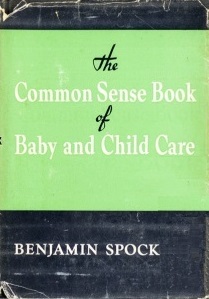Writing is a strange pursuit. A writer works endless hours in solitary, personal work then, after what seems like an eternity, takes their work out to a world of editors, agents, critics, and readers.
Even if you self-publish and desire to skip any outside editorial input, your work will be picked up and read by people who will either endorse or criticize, letting you know right away what they think.
Professional writers balance individual and collaborative aspects of the work. Print media writers were always at the mercy of their editors. Often, the final published column or article bore little resemblance to what was originally submitted, at least in length, if not substance.
I’m reminded of a quote from the designer of the BMC Mini automobile in 1959, when he said, “A camel is a horse designed by a committee.” The Mini was named the second most-influential car of the 20th century, after the Model T Ford. The inference from Sir Alec Issigonis is that collaboration can go terribly wrong. Sure, this can happen; but camels are still valuable and interesting animals, just a little different than the blueprints for a horse. And they can go longer without water.
The tension you feel when criticism is leveled at you in the editing process can be transformed into constructive iron-sharpening if you submit yourself to the type of creative collaboration found in small writers groups or at one of the many writers conferences held throughout the year. While you may write alone, you are part of a “village,” offering support, encouragement, and helpful critique. Since what you write in private eventually goes public, exposing it to mostly supportive constructive criticism before it goes out into the world can only be positive.
You are an individual, reliant on a village. And then you become part of the village supporting others along the way. There’s a metaphor from nature that explains this better than I could ever hope to.
Aspen trees are beautiful parts of God’s creation. But what looks like a single tree is simply an above-ground manifestation of a massive root system that connects thousands of trees. If you gaze across a mountainside or valley at a huge aspen forest, you are actually looking at one organism.
Above ground, they appear to be individual trees; but they are supported by an interconnected single root system.
Applying this to your life, family, church, or the body of Christ in general illuminates how God uses nature to give us a glimpse into some understanding of how he works.
Don’t be an unconnected solitary writer. You won’t weather the challenges.
For a great article on aspens, click here.











